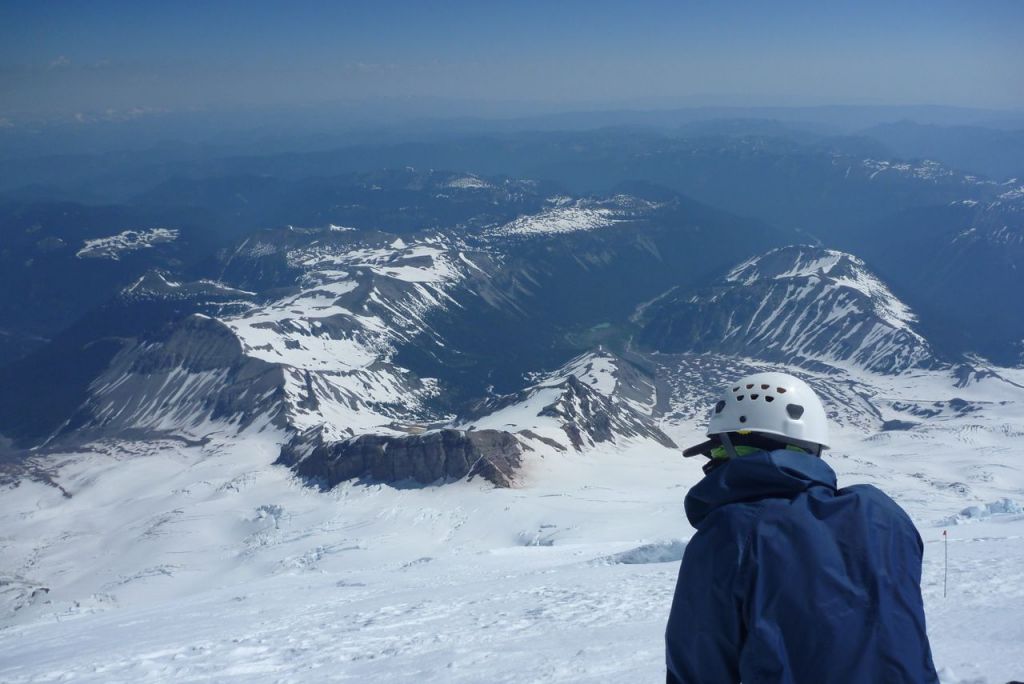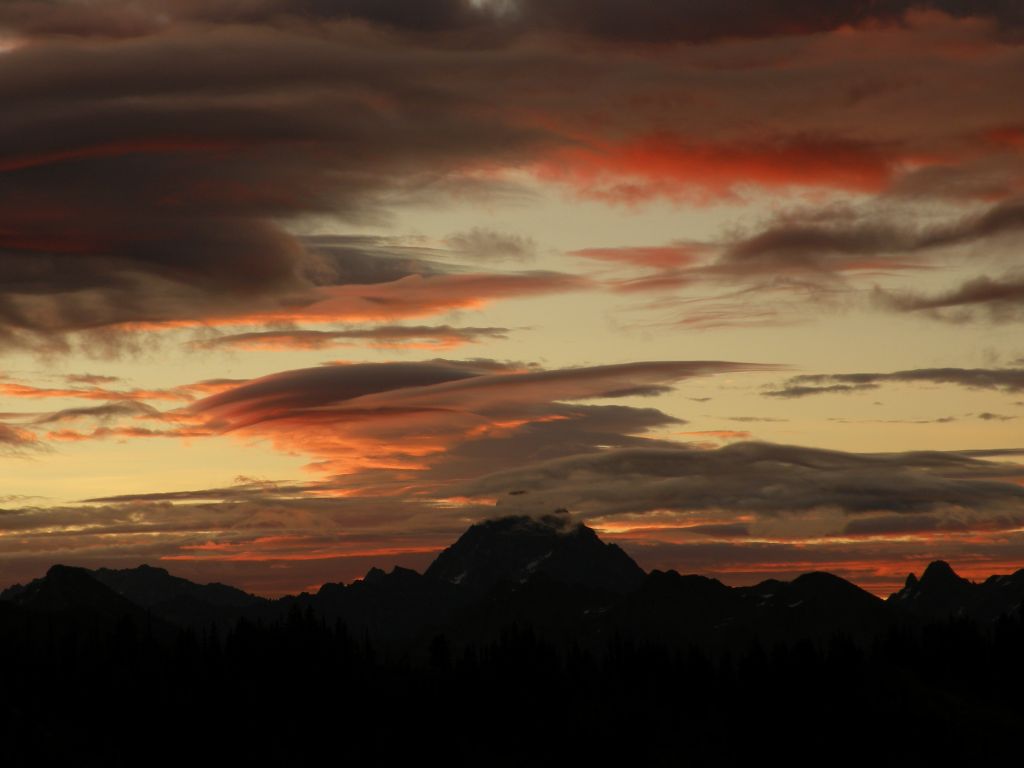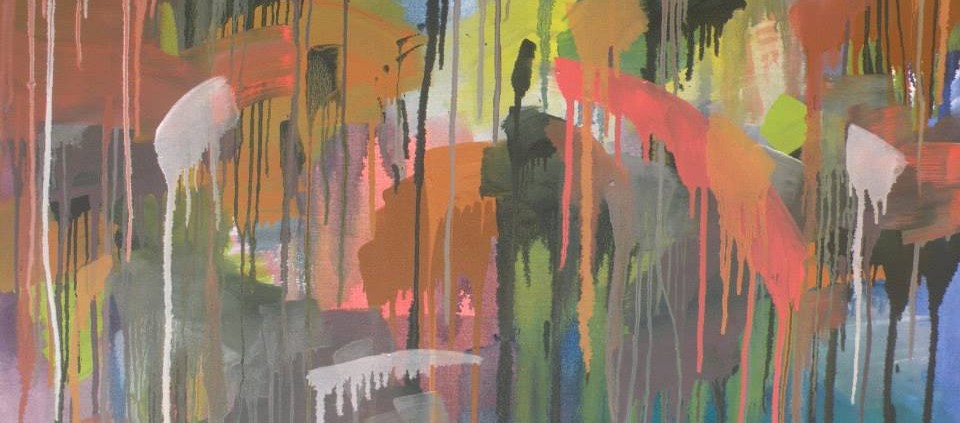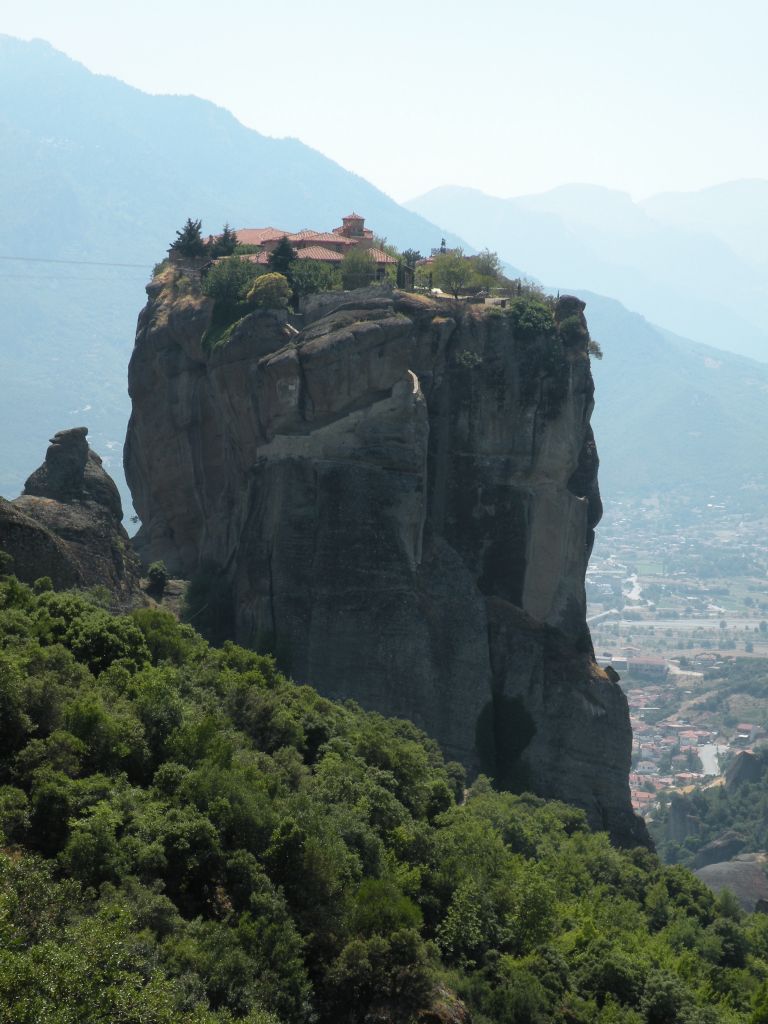This is Life
I took a long run yesterday and thought about how people recently have commented that I seem to be doing so much with my life despite my unemployment. This seems like a compliment, I think, so thank you! And it’s true that I have been unemployed before and not done nearly so much. But there is something different this time. It’s not exactly a sense of urgency; I think I’ve maintained a sense of taking things slowly. It’s more a feeling of: this is my life.
This is it.
Right now.
I’m not in some transition period between jobs. I’m not transitioning between school and work, or work and travel. I’m deep into the only transition there is, the transition from birth to death, and what I do today and tomorrow and the next day is my life.
My last stint of unemployment was in 2009/2010 for about 9 months. I was looking for a job the whole time and felt entirely consumed by the process. I did a few other things along the way (mostly I got a lot better at guitar and rock climbing, and read Infinite Jest), but I never felt productive or fulfilled. I was able to stay relatively happy through copious amounts of exercise and coffee, but the job search was exhausting and distracted me from what I had long valued in my life. I didn’t feel like I had the mental time or space to make art, partly because I didn’t feel like making art was what I was “doing” with my life. I was looking for a job, making myself employable, and working hard to make that employment what I was doing with my life. I was not an artist. I was an office worker, temporarily displaced.
This time things are different. I am living consciously, and I have a better understanding of the fact that my life is a collection of days lived, routines established, routines broken, people met, people loved, good books read and absorbed, emotions expressed, and beauty created. What am I doing with my life? I’m not “doing” anything. I’m living. Life is not an activity to be completed, rather an adventure to explore, a wonderful opportunity to grow for a while and then fade away.
So I’m spending my time on a lot of different things, enjoying the fact that life is full and vibrant and profound and hilarious. My run yesterday was thirteen miles, part of training for a marathon. It took me through or past eight parks in Seattle and around one lake, and it was gorgeous. I’ve been painting almost everyday, aiming to have a solid portfolio to show sometime in the next several weeks. I go rock climbing two or three times a week, depending on my tendon integrity. I do yoga most days at least once, and try to meditate every day between five and thirty minutes. I’m part of a community garden, a book club, a string quartet, and an indie-rock band that is starting to pick up some steam in the Seattle music scene. I play guitar and sing almost every day, cook meals with my roommates, and spend quality time with them playing games involving throwing dried beans into jars. I go on outdoor adventures and road trips to visit friends and national parks. I just started helping out a friend with his business leading after school music programs, and I’m in the process of starting a hummus business of my own. I occasionally write blog posts.
These are the things I value, and I am so excited to be able to do them all. Not everybody values the same things, and some of those activities might sound awful to you. But here is the main point. Last time I had time on my hands, I forgot what I valued, what was important to me in life. Once I was employed, I had less time on my hands and my forgetfulness deepened. I became wrapped up in routine and busy-ness. Money felt important, as if it were an end goal in itself. My brain got used to frying in front of a computer screen for hours a day. These things were bringing me closer to death at the same pace I’ve always been moving, but they weren’t allowing my life to flourish. Eventually I realized that these were not my values and I worked out a way to change my daily life to reflect what is important to me. So far it has worked. I feel good. I feel alive. I still drink copious amounts of coffee.





